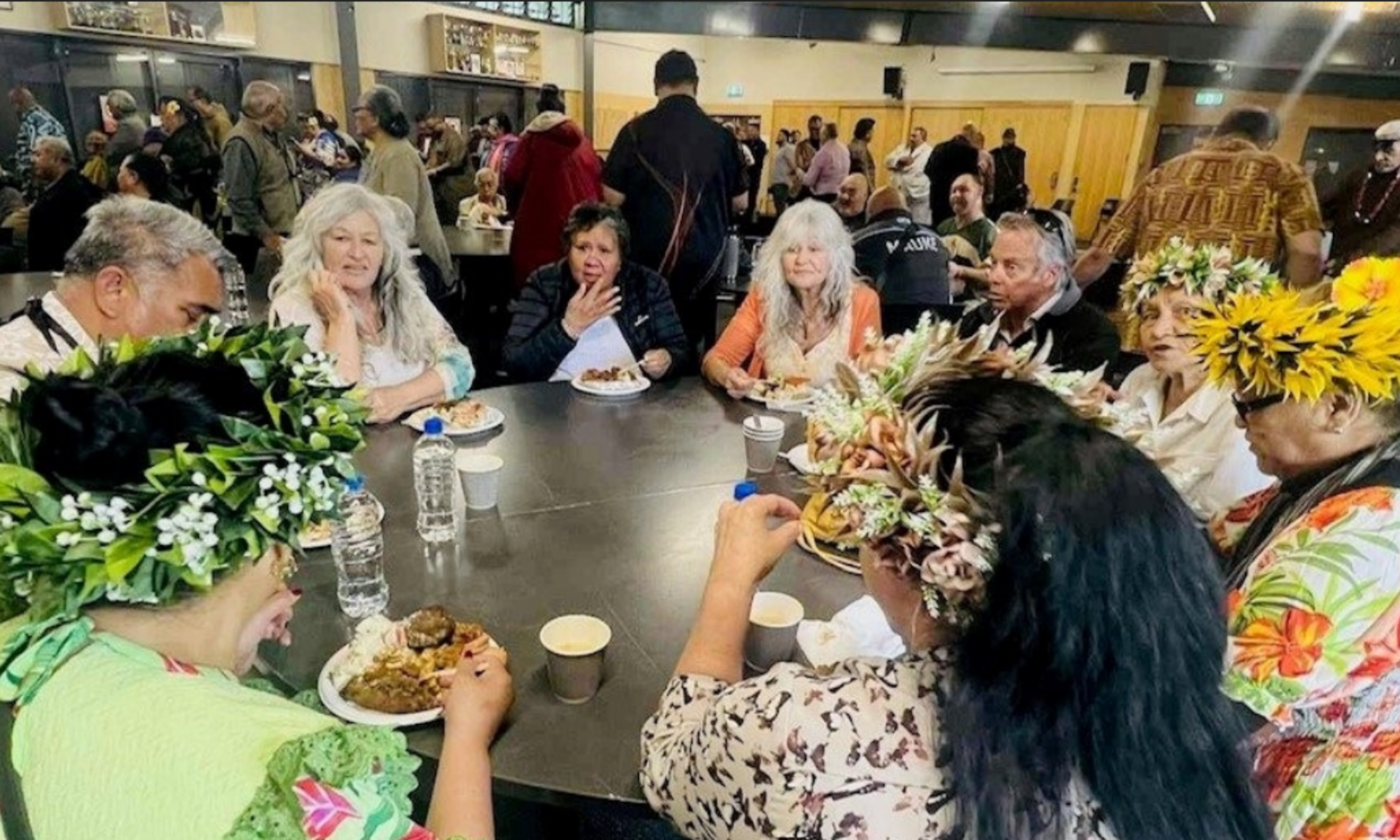

Photo /Unsplash/Jon Tyson
'A tsunami of homeless’: Too early to celebrate emergency housing decline - Trust
Monte Cecilia Housing Trust's CE says a decrease in emergency accommodation is good but that the 32 per cent drop could be from unsustainable and rushed cost-cutting measures.


Manurewa charity requests $30,000 to keep Pacific seniors monthly gatherings

Blacklisting squeeze hits Vanuatu families and businesses, the regulator VFSC warns


Pageant talk: Pacific queens on colourism, transparency, and online backlash

Manurewa charity requests $30,000 to keep Pacific seniors monthly gatherings

Blacklisting squeeze hits Vanuatu families and businesses, the regulator VFSC warns

Monte Cecilia Housing Trust (MCHT) says fewer people in emergency housing is a good thing but the government's approach is unsustainable.
Associate Housing Minister Tama Potaka revealed yesterday that emergency accommodation dwellers dropped by 32 per cent in the last six months with over 1000 children removed from motels.
Potaka added their "ambitious target" to reduce emergency housing numbers by 75 per cent over the next six years.
Speaking to William Terite on Pacific Mornings, MCHT's chief executive Vicki Sykes found the reduction "astounding" but that the drop could be caused by cutting corners amid extensive housing waitlists and housing shortages.
"The government has taken the transitional housing step out of the mix which I think will ultimately cause some challenges down the road," Sykes said.
She said transitional housing provides wrap-around support for tenants moving from emergency housing to private or social housing, which helps them achieve long-term housing and success.
Sykes added the government's reduction in staffing also contributes to the inability to meet that level of vital support.
"I'm really concerned about how sustainable those tenancies will be."
Watch the full interview via 531pi's FB below:
The latest Ministry of Social Development's Monthly Housing Report found 14 per cent of emergency housing applicants are Pacific - the third highest behind European then Māori.
RNZ reported eligibility settings and obligations for those needing emergency housing would change from 26 August, leaving tenants in fear of possibly being evicted.
Labour's housing spokesperson Kieran McAnulty said the government will reach their 75 per cent reduction by 2030 because "they're not letting people in".
"Make it harder for people to get into emergency housing - where are they going to go?" McAnulty told RNZ.
"They're certainly not going to the houses that the government is building, because the government put a stop to it."
The co-founder of a youth organisation responding to youth homelessness also shared concerns about the tougher rules.
The group Kick Back released a statement sharing concern that the change will create more youth homelessness or push them "into incredibly vulnerable situations where they are at increased risk of exploitation and abuse".
Sykes also said a spike in homelessness and overcrowding will ensue in response to Potaka telling NZ Herald that he's uncertain where the remaining 20 per cent of people leaving emergency housing go.
"If the government's got no way of tracking that and if they're not sure it means that potentially they've forced people out which makes the figures look good," she said.
"But if they don't know where they're going then they've potentially haven't gone into Kāinga Ora housing and the government has stopped building.
"That's a real worry, I think there's a tsunami of homelessness coming down the track quite soon."